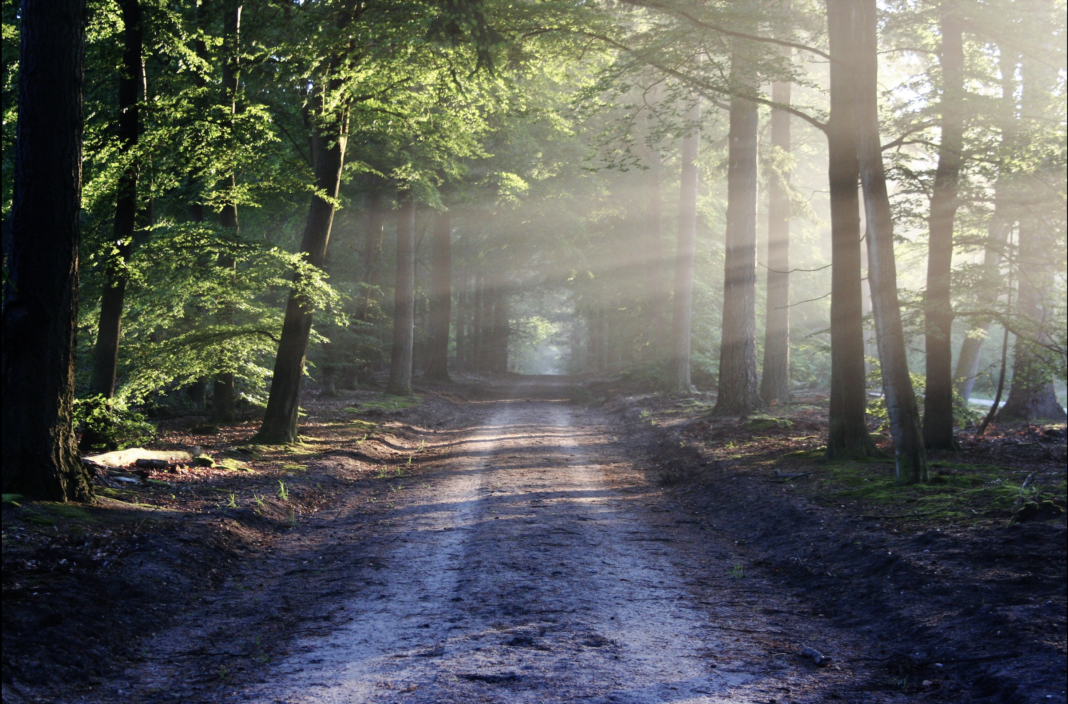A truly crucial part of Mother Nature
Wild forests are some of the most important ecosystems on planet Earth. Regardless of where they are located, from the coniferous forests here in Canada to the tropical rainforests in the Brazilian Amazon Basin, forests do a great deal in providing our world with very specific needs of stability.
It is widely agreed upon that forests not only support hundreds of other plant and animal species but host almost half of all terrestrial species on our planet. The sheer amount of biodiversity in forests compared to other biomes, and the precious oxygen they give to us humans, are sufficient to support the fact that we should do all we can to protect the trees.
The larger a tree is, the more “influence” it has, on both its surrounding areas of the ecosystem and far-away regions. Even though all forests are crucial for the overall biosphere of our planet, mature forests with large trees (that is, forests that have been given a long period to grow into their current state), are especially important to keeping the world safe and healthy. Forests not only provide homes to a multitude of different animals, but they also contribute to storing carbon, filtering and purifying water passing through, and placing checks against rising temperatures as a part of global warming.
The destruction of forests
Apart from these natural benefits, forests also serve as wonderful places for travelers to visit and even contribute to extremely positive effects on the mental health of many people. Families, as well as tourist groups, enjoy visiting forests to seek shade from the summer heat. Or, they would admire its beauty and grandeur in the winter, when the whole scenery is covered with snow. All of these would be disrupted, and even made impossible, by the constant and often indifferent reduction of forests, in developing and developed countries alike.
Many industries around the world, as well as various world governments, default to allowing agricultural, logging, and mining practices to take over the forests’ lush resources and vast land area. However, these acts of deforestation are mostly unsustainable. When the loggers, for example, exhaust all the timber in the forest vicinity, they don’t plant more trees to replace the lost supply. Instead, they open up more areas to harvest wood, without putting focus on the fact that even vast forests can one day disappear, from the extreme pressures put by humans. If we continue the current trend of deforestation, within a few generations, tropical rainforests will completely be erased from the face of this planet.
What we can do:
Apart from encouraging government officials to advocate for political policies to protect the environment, other ways all of us can help are planting trees, or committing to other volunteering activities involved in conserving nature. Tasks like removing invasive species or doing small community lectures for the general audience also greatly help the cause of forest protection.
Supporting Non-Profit Organizations, like the TREE Foundation, really helps to conserve a lot of forests, and serve as a fighter to counter a lot of the misuse of forest lands.
Lastly, buying environmentally sustainable products in the markets goes a long way in demonstrating support to the brands that care about respecting the environment, developing their products sustainably, and not committing acts of wanton in exchange for profit.
So, with all of this in mind, let us all do our part in protecting the forests, and our planet in general! Remember, this is for us, and all of the future generations to come.

